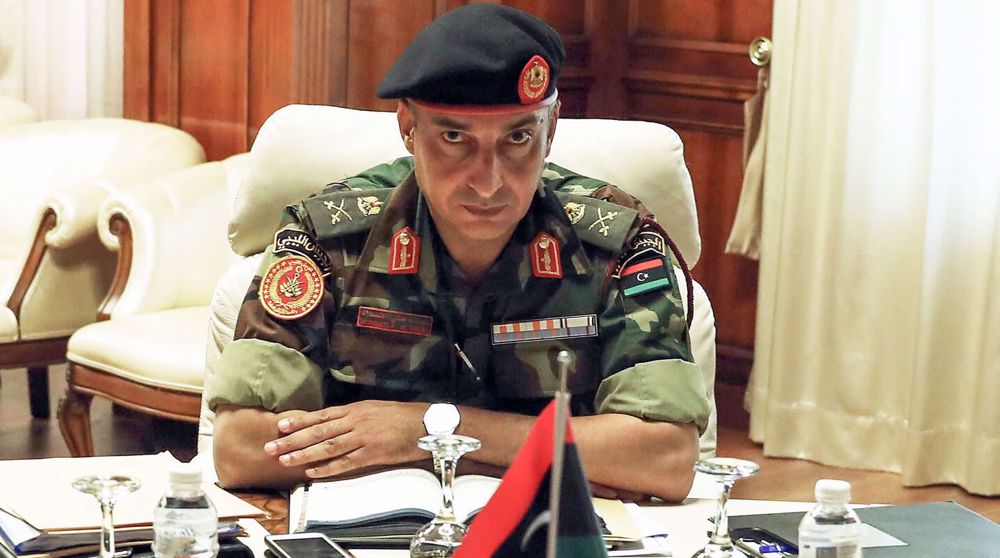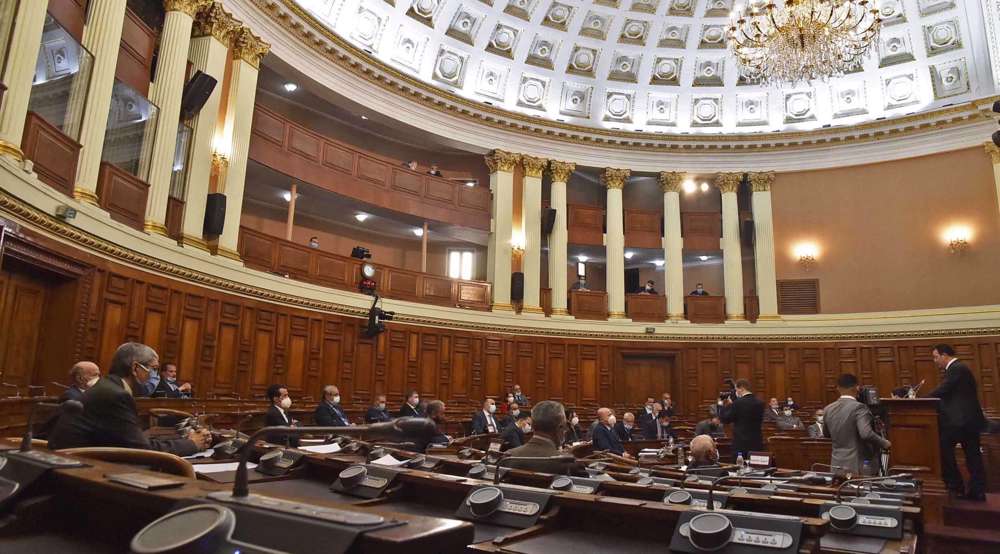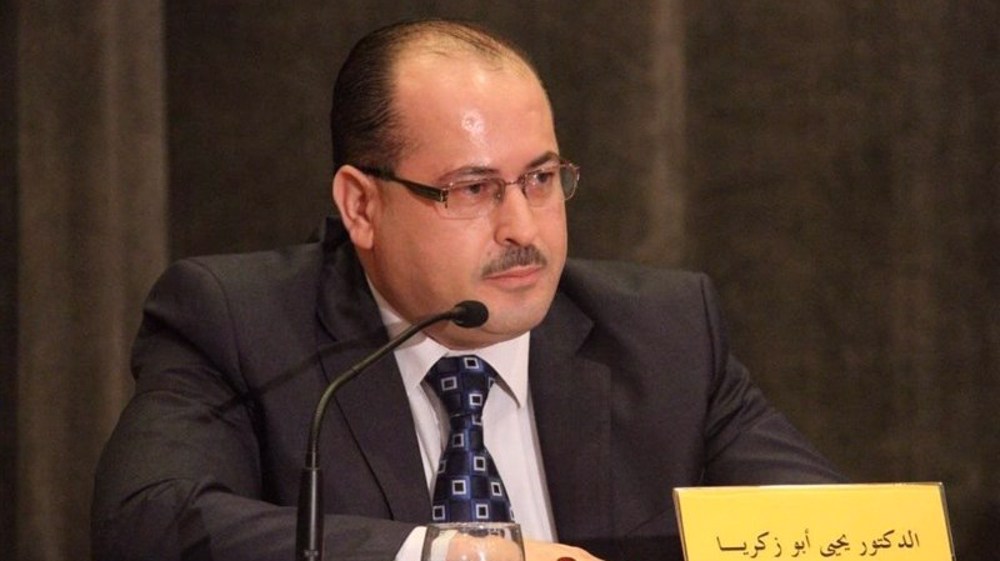Libya gov’t rejects amendments to proposed deal
Libya's internationally recognized government has refused to make changes demanded by its rivals to a draft UN peace deal, diminishing hopes for the resolution of the conflict in the North African country.
In a Tuesday statement, the eastern-based Libyan government said it “rejects all amendments and modifications to the text of the deal” to which it had agreed in July.
Libya has two rival governments striving to gain control of the country, with one faction controlling Tripoli, and the other, Libya’s internationally recognized government, governing the eastern cities of Bayda and Tobruk.
Amendments suggested by the rival congress include invalidation of the internationally recognized government.
In January, the rival administrations - the General National Congress (GNC) and the country’s internationally-recognized government agreed to set up a national unity government.
Last week, the UN's special envoy to Libya Bernardino Leon said that rival parties in the conflict-stricken country had reached “a consensus on the main elements” of a peace deal.
Leon called on the internationally-recognized government to accept points which have been introduced to the draft at the request of the GNC.
Under Leon’s plan, a unity government deal must be reached by September 20, with the new Libyan government taking over a month later.

The disagreement between the Tobruk-based government and its rival administration in Tripoli dents hopes for ending the political crisis in the North African country.
Libya plunged into chaos after the ouster of dictator Muammar Gaddafi in 2011, which gave rise to a patchwork of heavily-armed militias and deep political divisions.
The presence of Takfiri Daesh militants has further complicated the situation in the violence-wracked country.
Iran widens food subsidy coverage amid rising living costs
Gen. Soleimani thwarted US plots in West Asia region, Hezbollah chief says
VIDEO | Thousands gather in Baghdad to honor Soleimani and al Muhandis
Israel abducted 42 Palestinian journalists, including 8 women, in 2025
Iran’s steel output up 9.2% y/y to 3.4 million mt in November
VIDEO | Venezuelan protesters demand US release President Maduro
Trump claims US will ‘run’ Venezuela in interim after kidnapping of Maduro
Trump says US will be ‘very strongly involved’ in Venezuela’s oil industry










 This makes it easy to access the Press TV website
This makes it easy to access the Press TV website